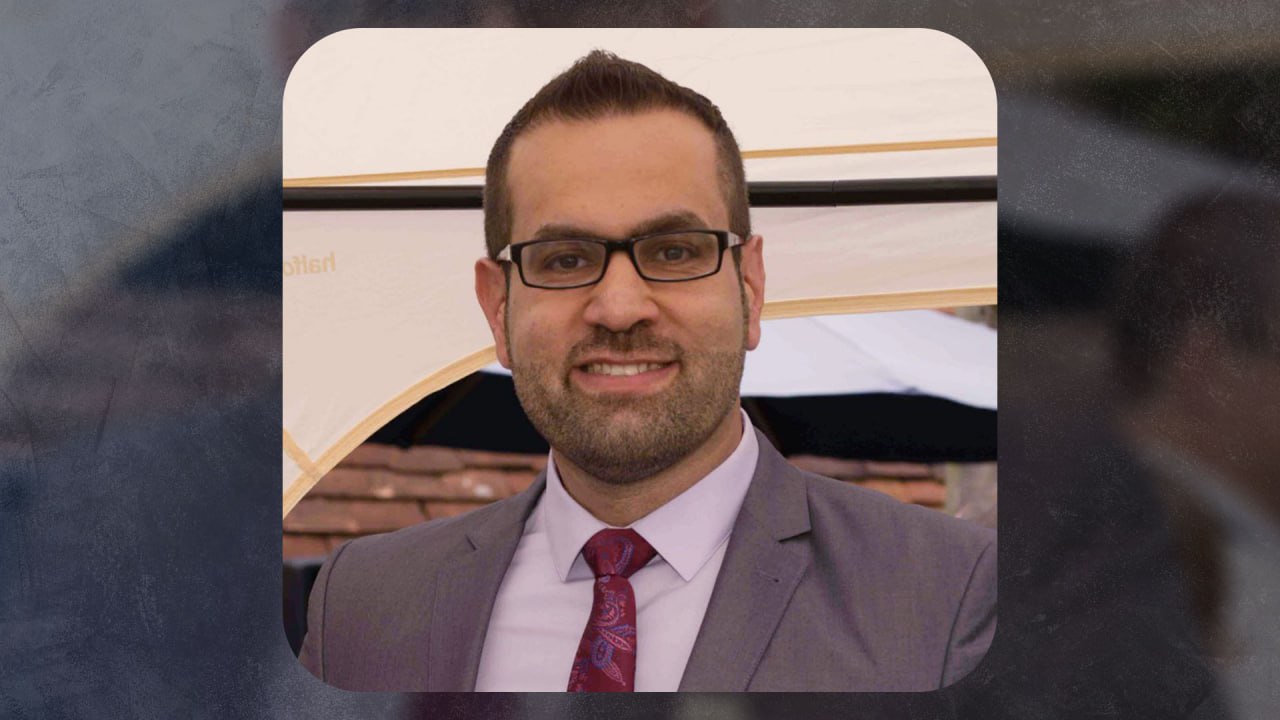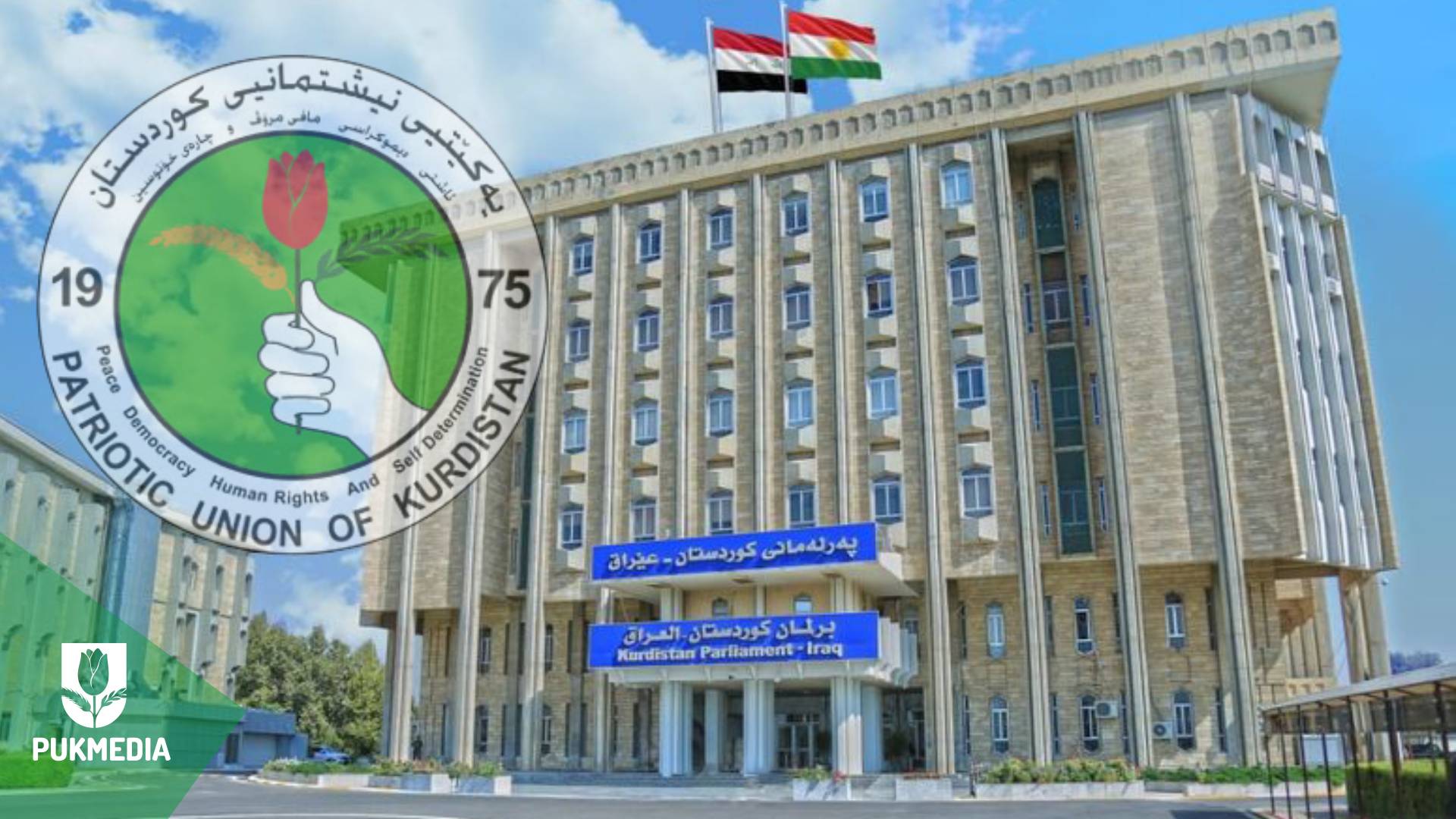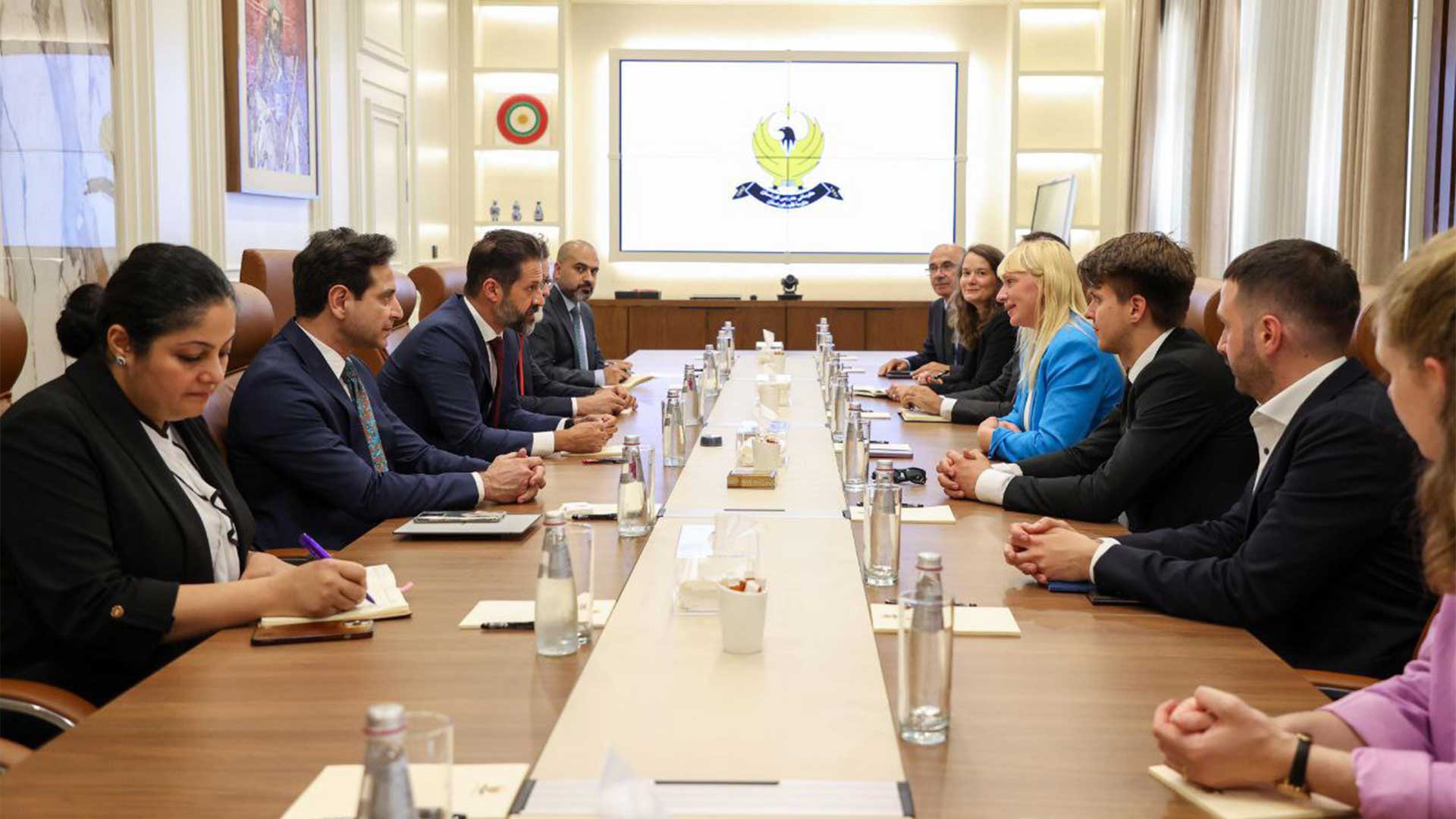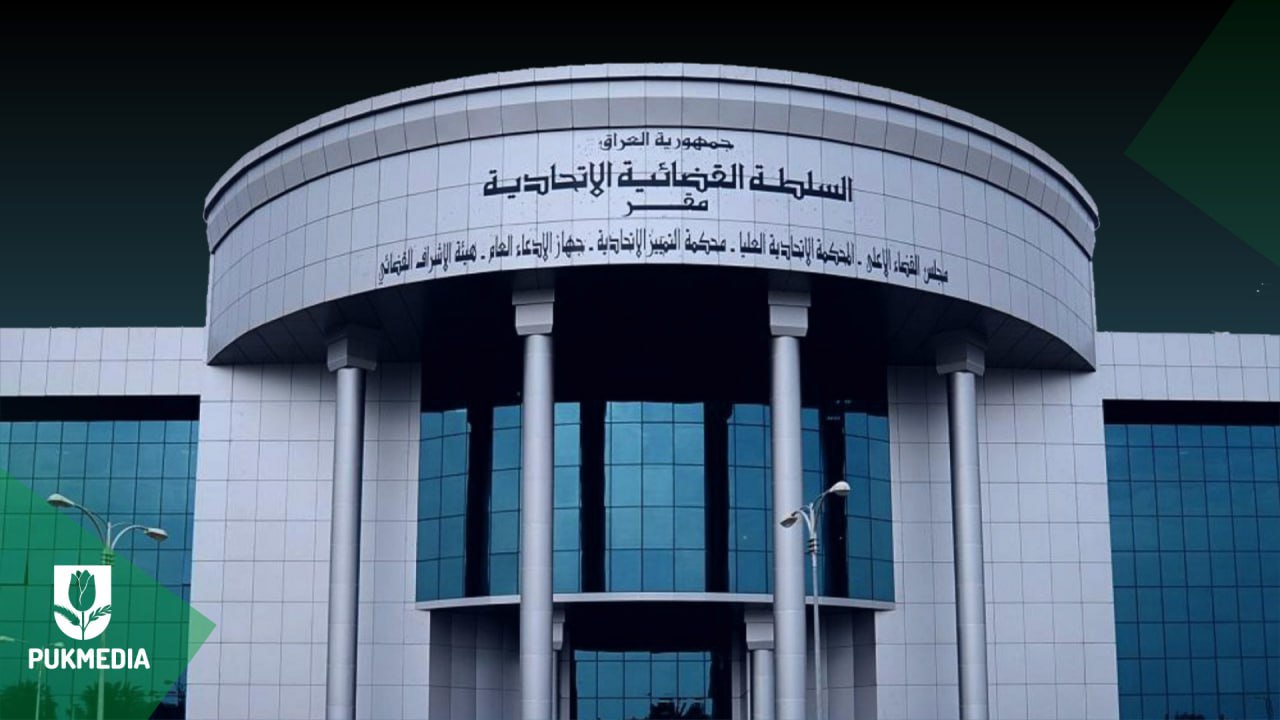Dr. Sarchil Qader: Data Revolution Will Combat Corruption
Interviews 08:32 PM - 2023-11-22 PUKMEDIA
PUKMEDIA
Dr. Sarchil Qadir
In an interview with PUKMEDIA, an expert in satellite data analysis and assistant professor Dr. Sarchil Qader of the University of Southampton, UK, said: "Traditional data was once used to learn about country statistics and censuses, but due to its high cost and loss of time, smart data has taken its position in the world because it takes less time and money, and the data and information are always available."
"The data revolution and smart solutions are critical to Kurdistan's regional development and will be critical in reducing or solving the nation's economic, environmental, and other issues," he added. They will also help to reduce corruption and restore public trust in government."
Interview text:
What distinguishes traditional data from smart data? What role does smart data play?
Countries collect and submit the most data during a census. Nonetheless, Iraq has not conducted a census in recent years. The last census was conducted in 1997; the Kurdistan Region was excluded, and the results were unreliable. As a result, data collection must continue indefinitely. This traditional data collection is time-consuming and costly. As a result, the most important data used to learn about migration, displacement, agriculture, economics, and demographics are known as digital social media data, satellite images, and mobile data. A program like this in the Kurdistan Region is critical for regional development since satellite photography collects photographs of the Earth and the data is constantly available, requiring less money and effort.
To what extent does the collection of this data contribute to smart solutions?
Nowadays, data must be GPS-enabled to be used in studies that allow you to revisit the same location years later. Our data lacks GPS, which is a problem, and there is no data awareness here. The data that we traditionally receive is crucial, of course, because artificial intelligence can learn to behave like humans. For example, while working on an economic verse, you must provide real data to it so that it can function.
What is the role of citizens in the data revolution and smart solutions?
Citizens can help those collecting data by providing accurate data because many citizens are unwilling to participate in these censuses, but citizens benefit from these statistics because there are frequent economic and environmental problems, and so on. These statistics can also be used to resolve or minimize these issues. In Iraq alone, for example, more than 10,400 people died from dust in 2013, costing more than 15 billion Iraqi dinars across all industries. We require smart data to address these issues because traditional data cannot be used.
Will the data revolution increase public confidence in government?
Of course, the data revolution has the potential to increase trust, particularly between the government and the youth, because young people spend the majority of their time on their smartphones, and the government has access to data that can be used as evidence. Citizens are currently dissatisfied with numbers and data; thus, the data should be presented to them in the form of a detailed map indicating location and region, making the data revolution more transparent than traditional data.
Will the data revolution combat corruption?
Of course, when people see your data in maps and details and discover that it answers all of their questions, there will be no disagreement, and corruption will be prohibited because the map shows the expenditures.
PUKMEDIA
More news
-
Vice President: Elections Will help Fill Kurdistan Region's Current Legal Void
03:15 PM - 2024-07-26 -
Iraqi President Reiterates His Commitment to Supporting Women
03:01 PM - 2024-07-26 -
Asayish Thwarts Terrorist Plot Aimed at Undermining Kurdistan Region's Stability
12:16 AM - 2024-07-25 -
CTG Apprehends a Prominent ISIS Leader in Kirkuk
12:37 AM - 2024-07-24
see more

Reports 09:20 PM - 2024-07-24 Citizens are Hopeful that PUK Will Reform & Correct Course of Governance
Qubad Talabani: Terrorism Remains Significant Threat in Iraq
06:50 PM - 2024-07-24
DPM Talabani & German Delegation Discuss Collaboration for Sinjar's Stability
06:25 PM - 2024-07-23
Iraqi Parliament to Discuss Blockade on SIA
11:58 AM - 2024-07-23
Iraq's Federal Court Rejects 7 Lawsuits on Kurdistan Parliamentary Elections
02:32 PM - 2024-07-22
Most read
-
Vice President: Elections Will help Fill Kurdistan Region's Current Legal Void
Kurdistan 03:15 PM - 2024-07-26 -
Iraqi President Reiterates His Commitment to Supporting Women
Iraq 03:01 PM - 2024-07-26



.jpg)

 Application
Application


